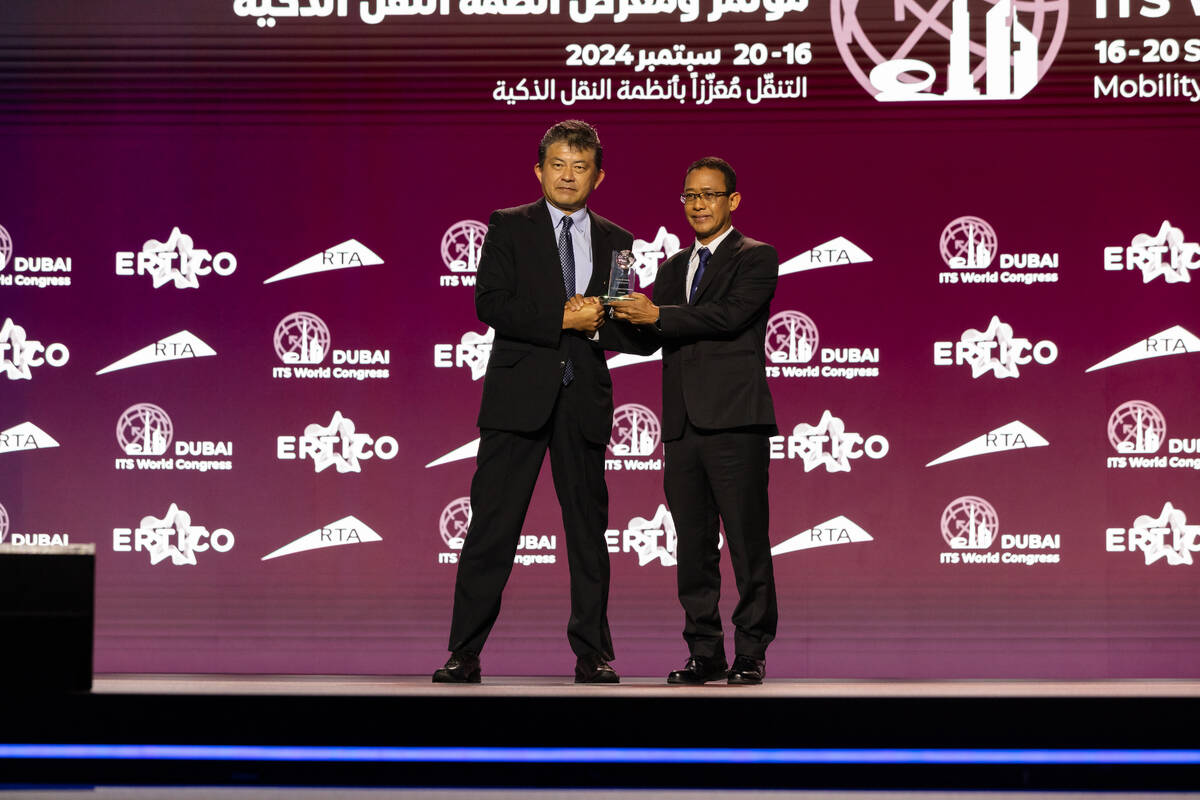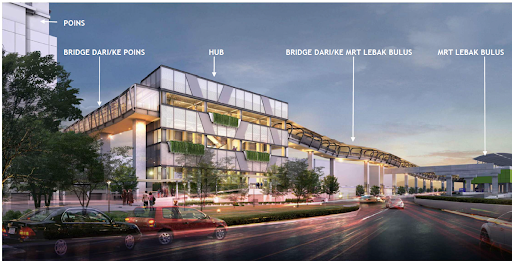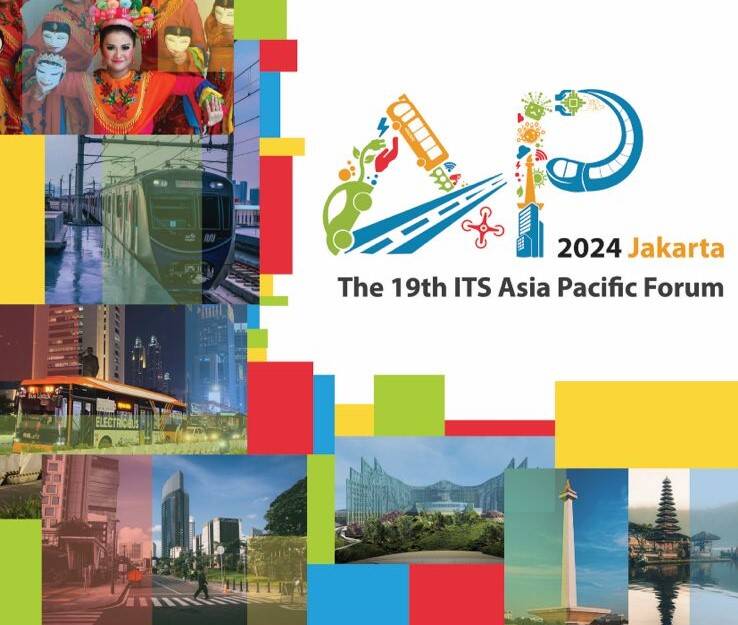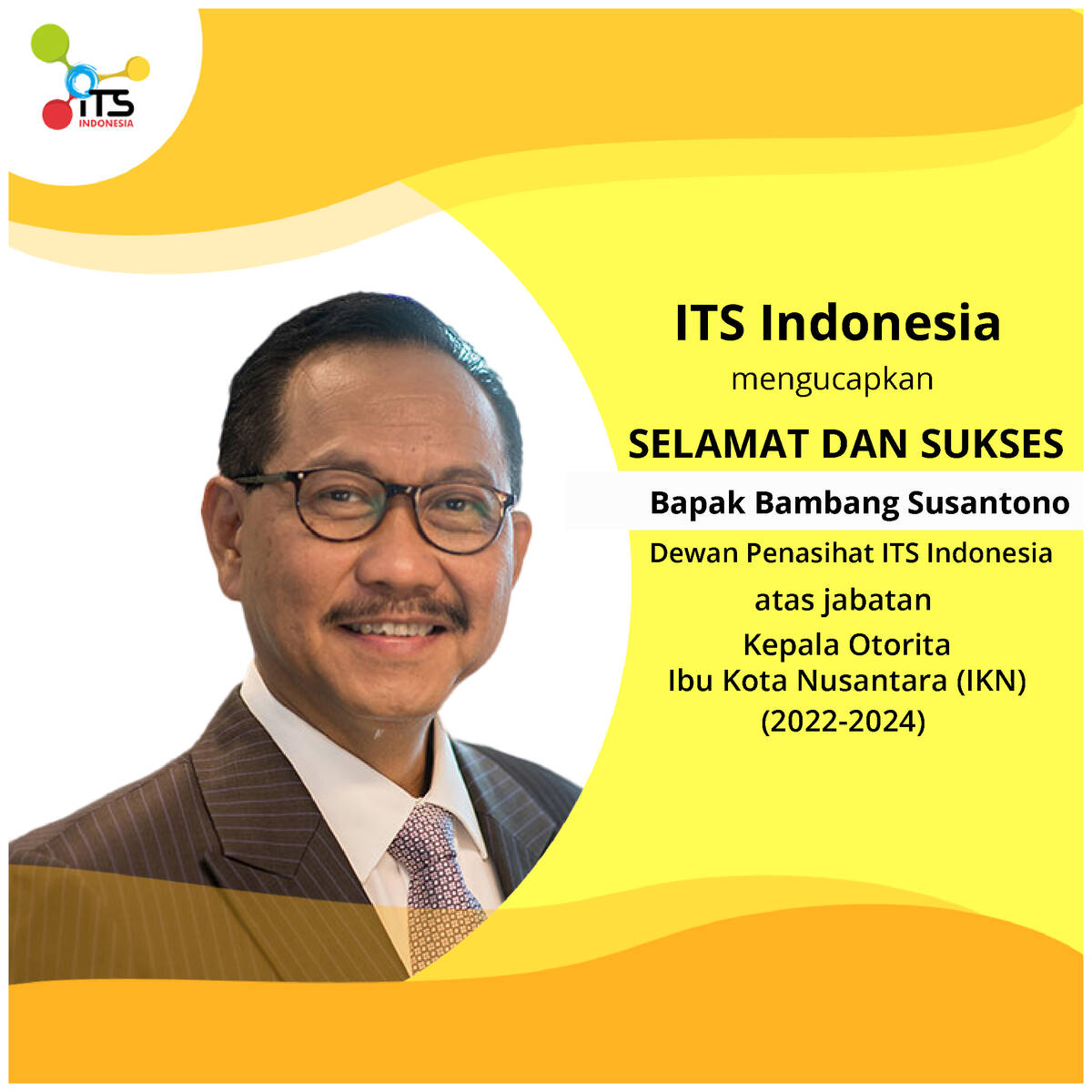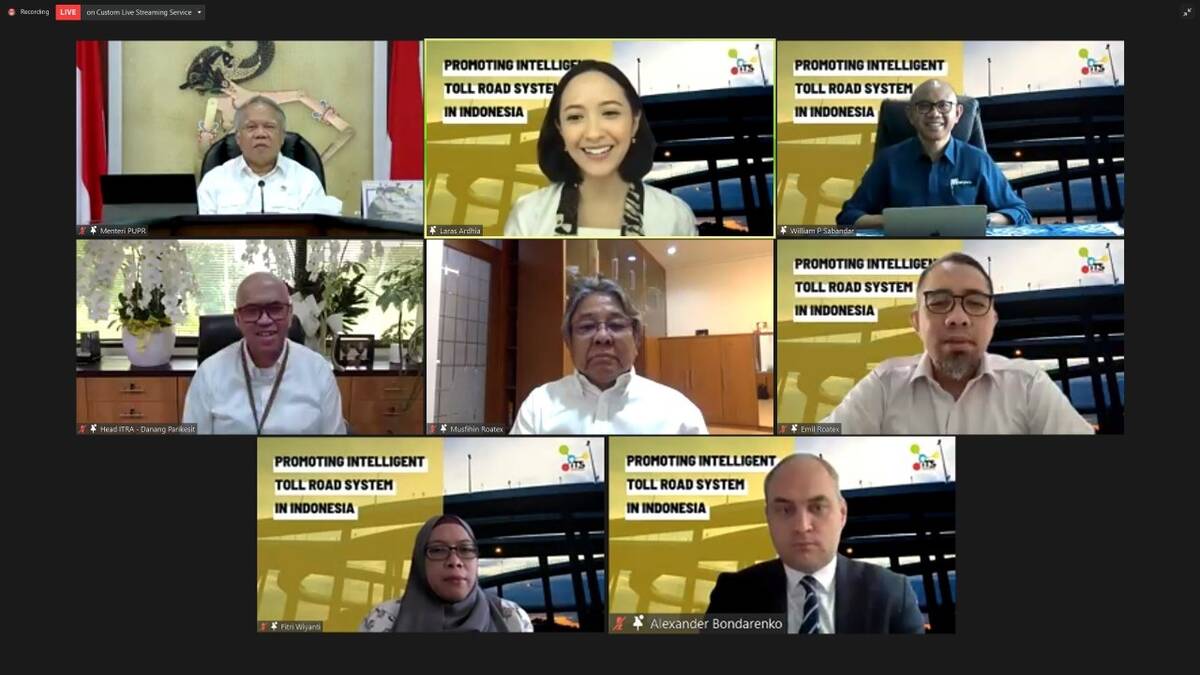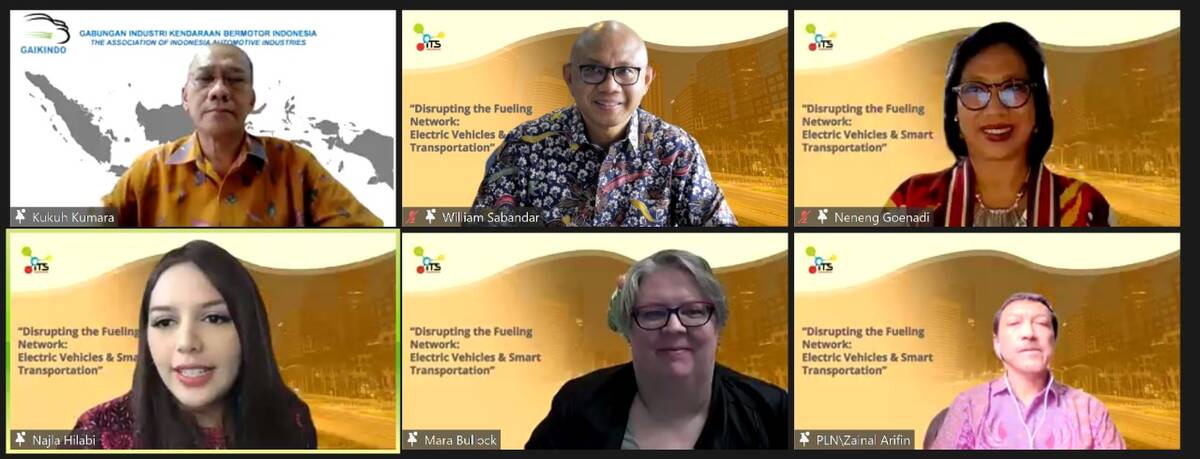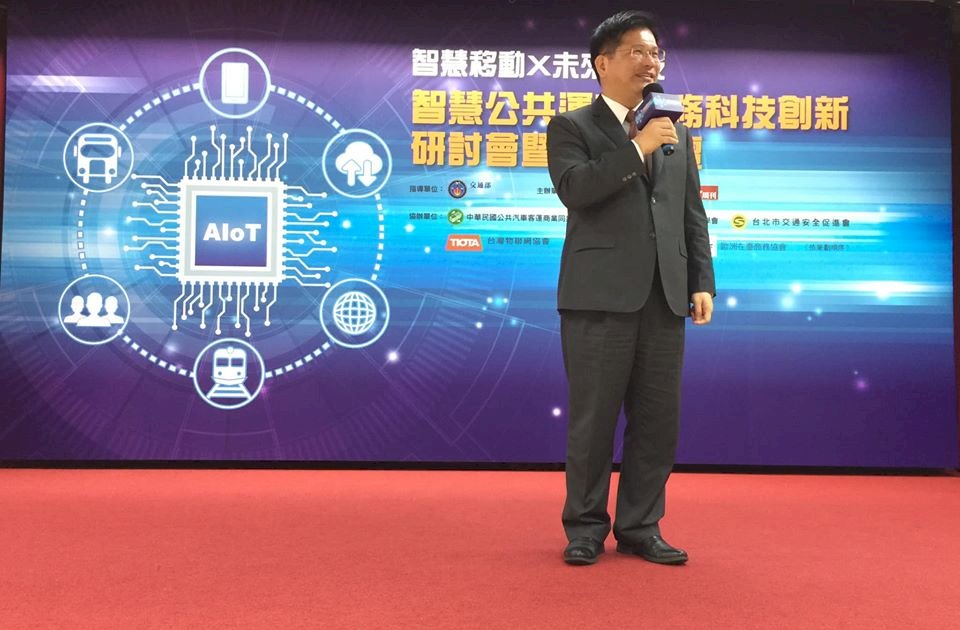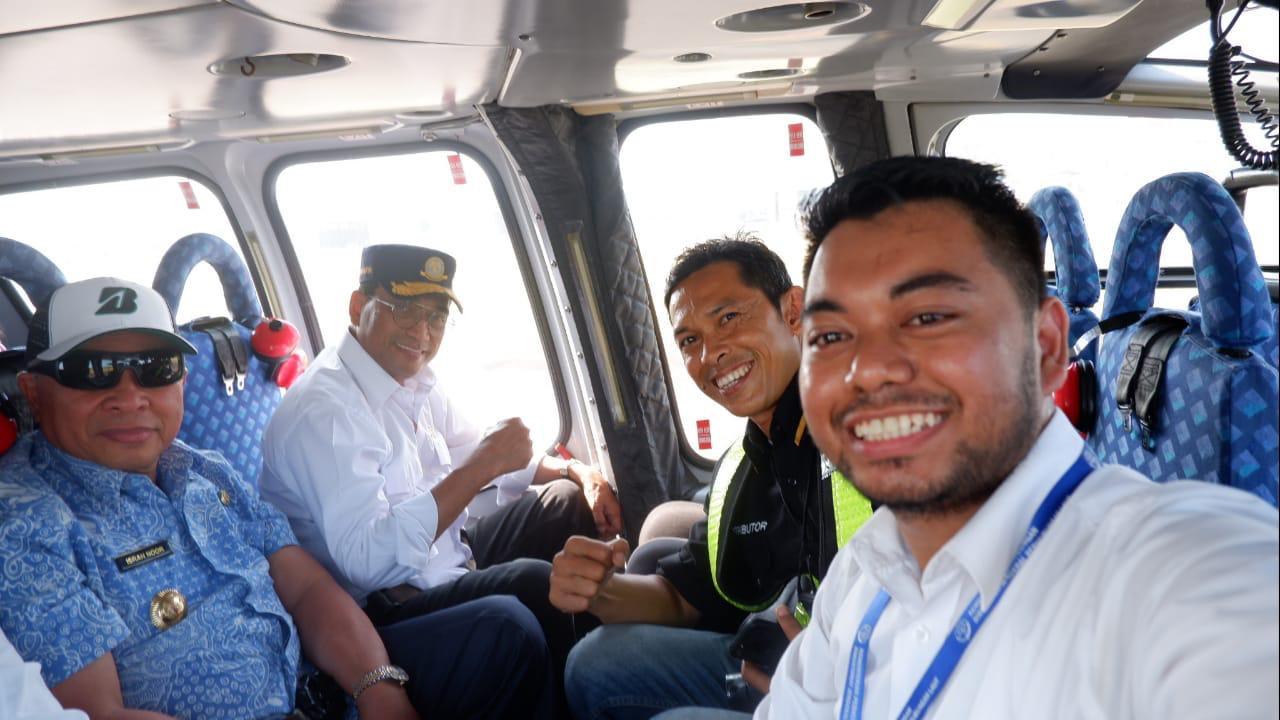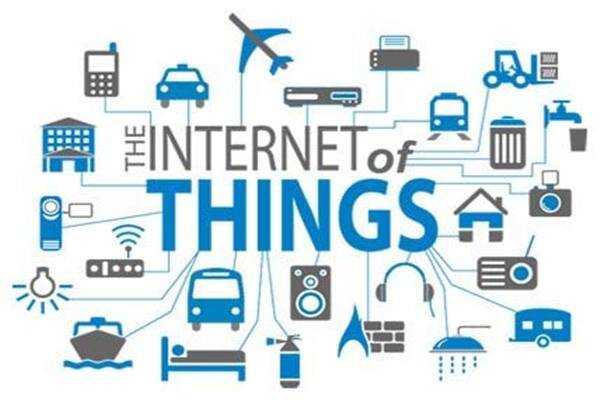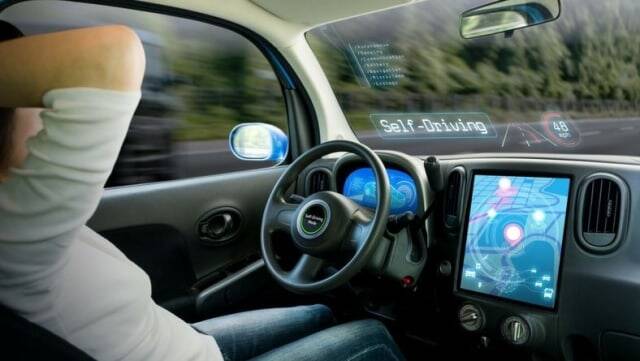ITS Indonesia Webinar Highlights: Partnership for Advancing Indonesia’s EV Ecosystem through Sustainable and Intelligent Urban Mobility
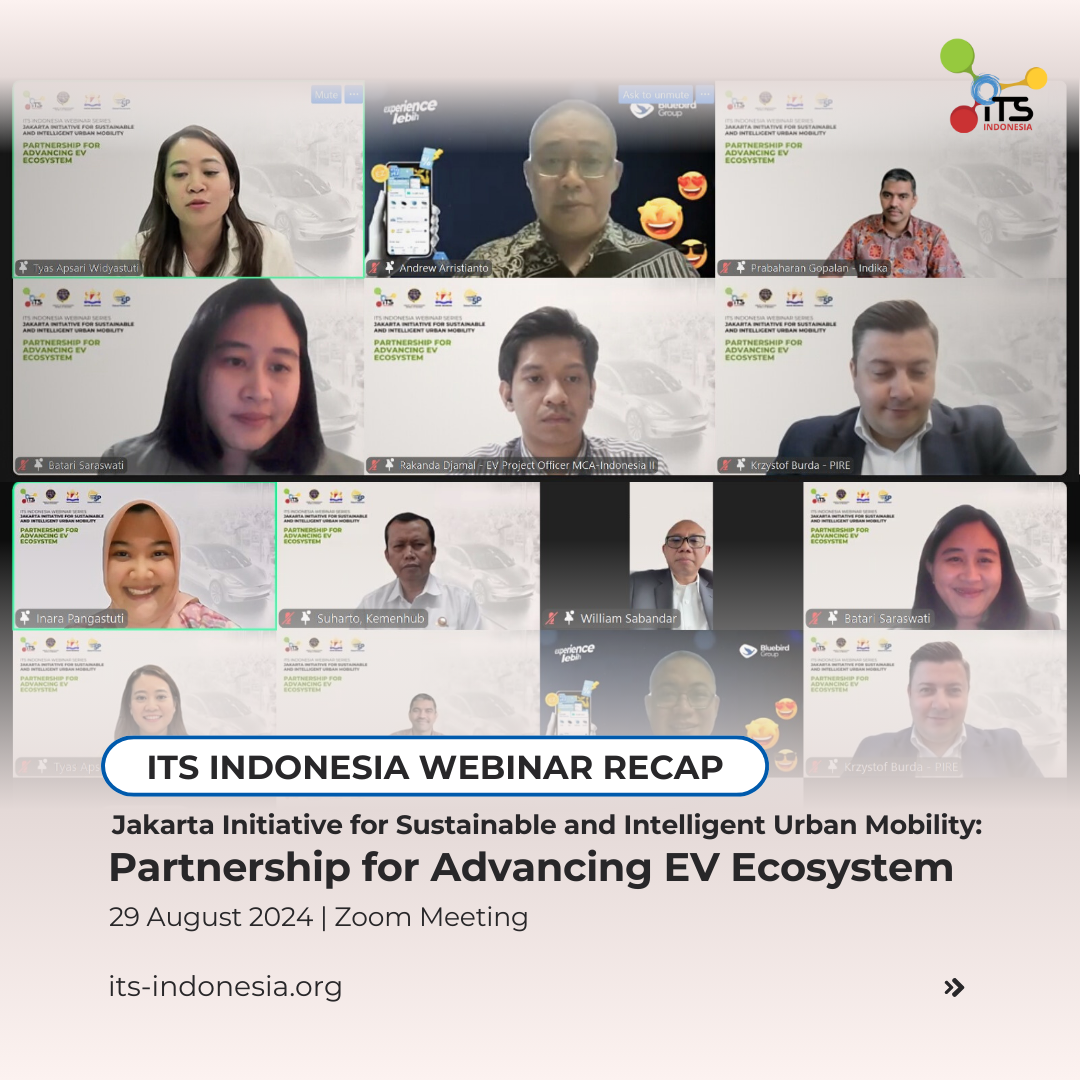
On Thursday, 29 August 2024, ITS Indonesia successfully conducted the ITS Indonesia Webinar Jakarta Initiative for Sustainable and Intelligent Urban Mobility: "Partnership for Advancing EV Ecosystem." Opened by remarks from President of ITS Indonesia, Mr. William Sabandar, and the keynote speech from Expert for Technology and Energy of Ministry of Transportation of Indonesia, Mr. Suharto.
This webinar aims to call for necessary action and collaboration while addressing the challenges of the EV ecosystem to meet the sustainable development goals and net zero emission target of Indonesia, while contributing to the COP29 (United Nations Climate Change Conference) in Baku, Azerbaijan.
Mr. William Sabandar highlighted five components to achieve in the JI4SIUM: 1) creating an electric vehicle and clean transport ecosystem in Indonesia, started from Jakarta and relevant cities, including Nusantara Capital City; 2) promoting the integration of public transport services and ticketing systems; 3) advancing Smart Traffic Management Systems; 4) developing electronic and digital payment system for urban transport; and 5) promoting climate sensitive transport policy. Through this webinar, the President of ITS Indonesia emphasized the importance to work collaboratively between the penta-helix actors (Government, Privates, Academia, Community, and Media) toward the goals.

Mr. Suharto, on behalf of Minister for Transportation of the Republic of Indonesia, Budi Karya Sumadi, also emphasized the progress of Indonesia's EV ecosystem. Currently, the mobility challenges have been increasing in line with the urban population, especially in Jakarta. The discussion, like this webinar, was playing a crucial role in producing concrete recommendation and partnership to solve those challenges, and advancing our transition to a more sustainable and intelligent urban mobility.

Additionally, the speaking session was moderated by Ms. Tyas Widyastuti, Vice President of ITS Indonesia, also Director of Mobility and Logistics of Grab Indonesia. As for Grab Indonesia, Tyas mentioned the sustainable commitment that Grab has been making through the operation of 10.000 EV fleets, and additional 1.000 EV to operate until the end of 2024. However, the collective and collaborative action between stakeholders will create a much stronger development of EV ecosystem. Therefore, the esteemed speakers would also discuss those possibilities and perspectives by their institutions to engage with the problems we are facing.
First, there is Chief Strategy Officer of Blue Bird Group, Mr. Andrew Arristianto, who presented the formalized Bluebird's commitment in sustainability through their vision. While Bluebird is optimistic to achieve the goals, Andrew also realized the various stakeholders that need to be engaged within the ecosystem of EV. Andrew mentioned their operational and investment in ESG has been including the collaboration with local partners, in order to create shared value for a sustainable future together. Chief Strategy Officer of Indika Energy, Mr. Prabaharan Gopalan, agreed by mentioning the EV ecosystem needs to be started by listening to other perspectives and ideas, because we will not be able to do the development of a widescope EV ecosystem by ourselves.
In the next turn, with the example of EV charging station development in Bali, Deputy Executive Director of Millennium Challenge Account - Indonesia II, Mr. Mesra Eza, gave us those financial perspectives to effectively use the funds available for EV ecosystem. Director of Systemiq, Ms. Batari Saraswati, encapsulated the discussion by three alternative approaches for JI4SIUM realizing its vision in advancing the EV ecosystem. Those include ensuring the product market and infrastructure readiness; continuing the financing and de-risking measure; and promoting supportive policies and coordinated efforts in the sector
Importantly, the President of Polish Chamber of Electromobility Development Association, Mr Krzystof Burda, gave us Europe's perspective on the EV ecosystem. Krzystof presented that electromobility is becoming the key to economic development in Poland, and Indonesia can learn more as a country with abundant resources to be included in the world's EV value chain.

Additionally, the webinar underlined the importance of partnership between various stakeholders, including the private sector, the government, community, and academia to advance the EV ecosystem. While the public sector regulations are being the foundation for EV transition, the funding from privates also needs to be organized effectively by investing in the public awareness of EV, as far as the knowledge transfer through educational programs. Therefore, partnership is playing a crucial part in building the same vision between stakeholders in EV sectors, towards a sustainable and intelligent urban mobility.
We also extend our gratitude to all of our participants for your attendance.

